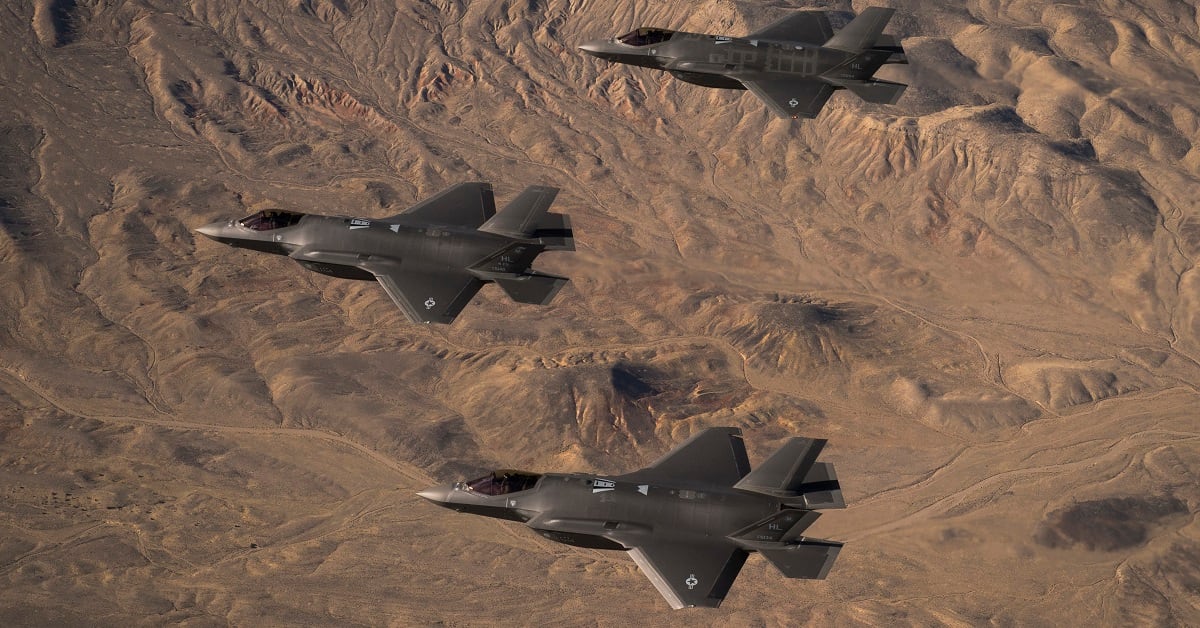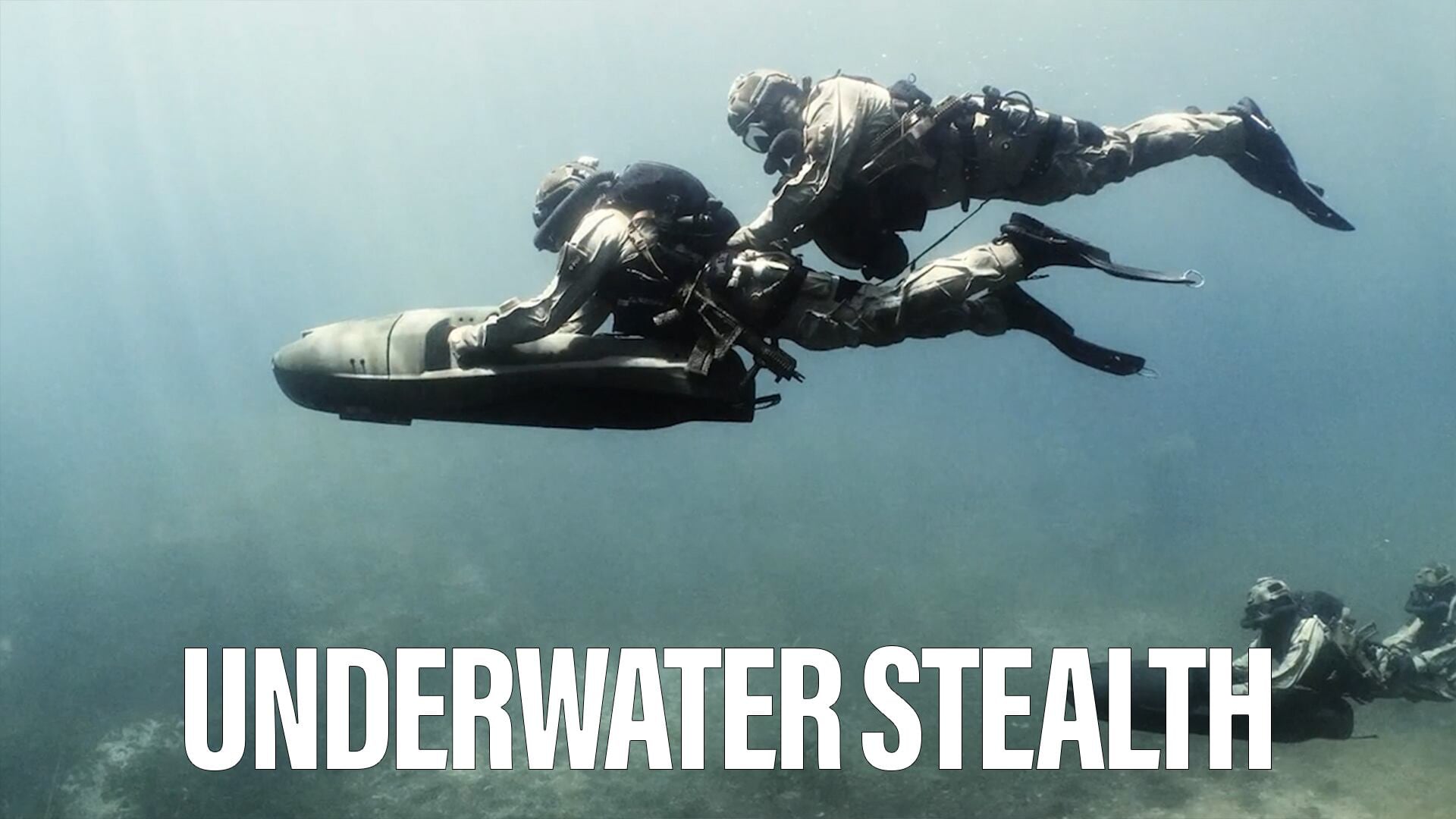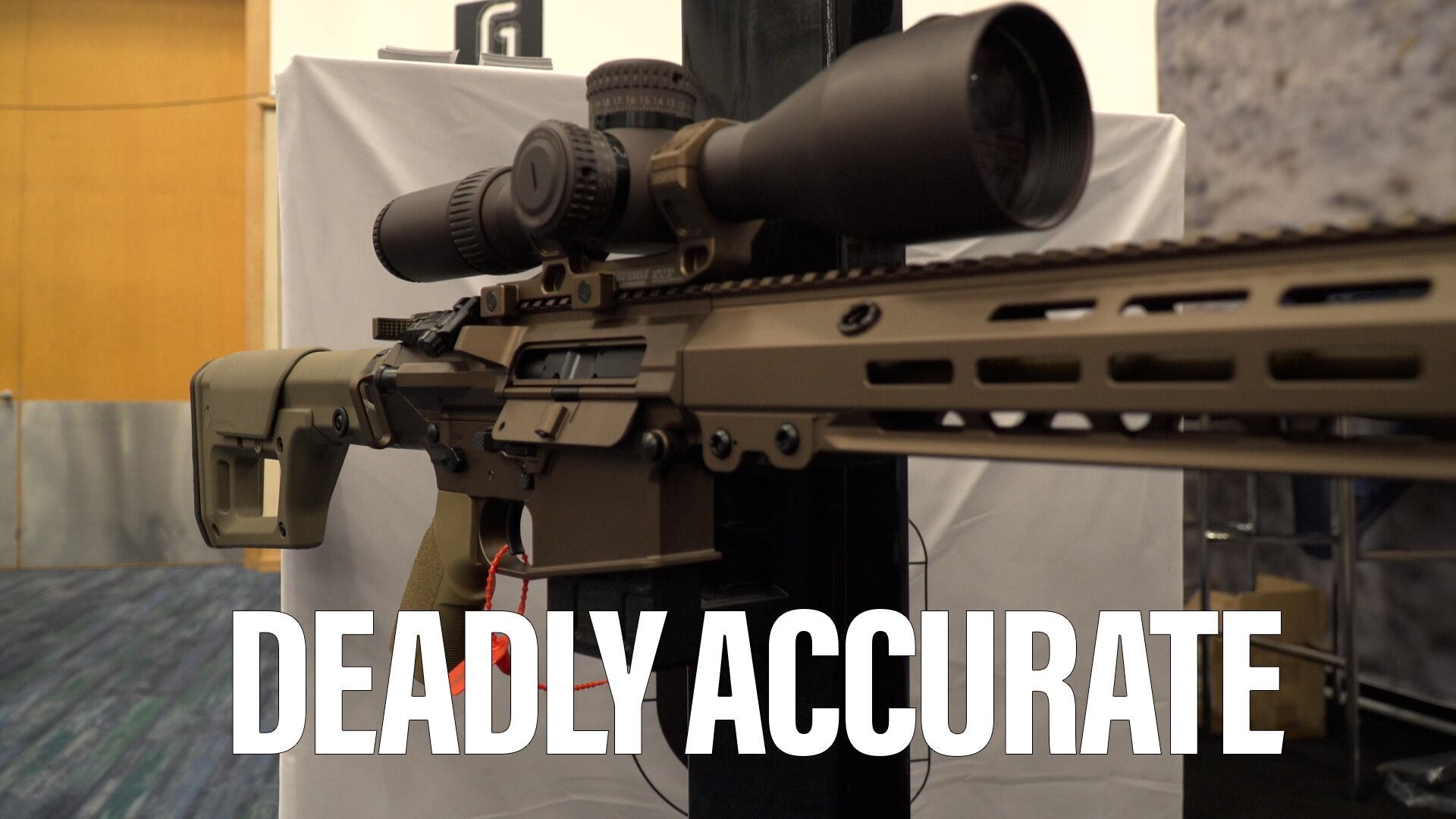COLOGNE, Germany — The race between Boeing’s F-18 jet and the Airbus Eurofighter Typhoon aircraft to replace Germany’s Tornado fighter-bombers has tilted toward the American plane, according to a German media report.
That is after German defense officials received information from the Pentagon about the time needed to certify the Eurofighter to carry nuclear weapons, according to an article in the Süddeutsche Zeitung. Getting the Eurofighter approved for that mission would take between three and five years longer than the F-18, which is considered a nuclear weapons-capable aircraft in the U.S. military, the newspaper reported.
Germany has kept a subset of its approximately 80-strong Tornado fleet equipped to carry out the NATO nuclear-sharing doctrine. That means in the case of a hypothetical atomic war, German pilots would load their aircraft with U.S. nuclear bombs and drop them on their intended targets at the behest of the alliance.
While Germany’s nuclear mission periodically comes up as a source of controversy here, previous governments have left it untouched, portraying the largely symbolic assignment as a vital element of trans-Atlantic relations.
A spokeswoman for the Defence Ministry in Berlin declined to comment on the SZ report, saying only that American and German defense officials have been in “continuous conversations” on the issue.
RELATED

The government is expected to announce a winner between the F-18 and the Eurofighter Typhoon early next year. In January 2019, defense officials eliminated the F-35 as a candidate, largely because picking an American plane would weaken the case for having such weapons be made by European companies in the future.
Such is the case with the Future Combat Air Systems program, led by Airbus and Dassault. Airbus says if Germany chooses the Eurofighter as a Tornado replacement, it would be easier for companies on the continent to transition to an eventual development of the German-Franco-Spanish platform.
The German defense minister’s visit to Washington last month put the spotlight back on the prospect of an American buy, however. “We want to treat this question jointly,” Annegret Kramp-Karrenbauer told reporters in the U.S. capital on Sept. 23. She added that Germany wants a “gap-less” continuation of the Tornado’s capabilities, adding that she envisions a “tight schedule” for the replacement.
Airbus, meanwhile, doesn’t see the need to rush. With 10 years or so left before ditching the Tornado, the reported nuclear-certification time seems to still fit into the overall replacement schedule, spokesman Florian Taitsch told Defense News.
Plus, he argued, it should be expected that, when given a choice, the Trump administration with its “America First” doctrine would be keen to push American-made weapons over European ones.
“For us, the situation hasn’t changed,” Taitsch said.
Sebastian Sprenger is associate editor for Europe at Defense News, reporting on the state of the defense market in the region, and on U.S.-Europe cooperation and multi-national investments in defense and global security. Previously he served as managing editor for Defense News. He is based in Cologne, Germany.








